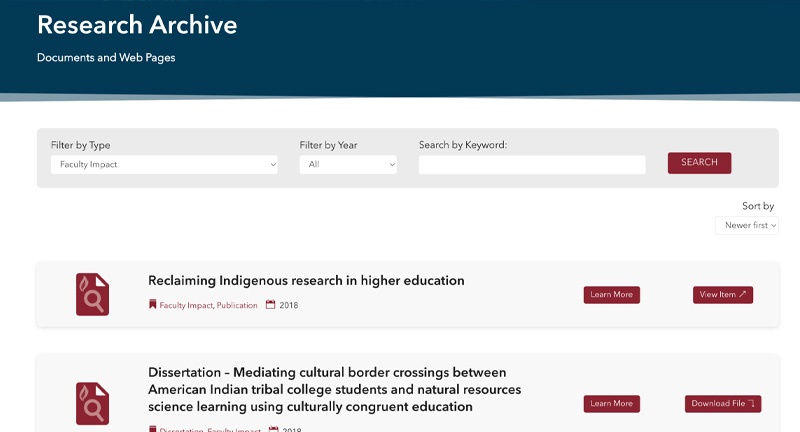The Full Circle and TCU Scholarship applications have an essay style format with three short-answer questions. These sections are your chance to share your story and give readers an opportunity to see how a scholarship would help you achieve your stated educational and professional goals and require you to discuss three elements
Blog Blogs
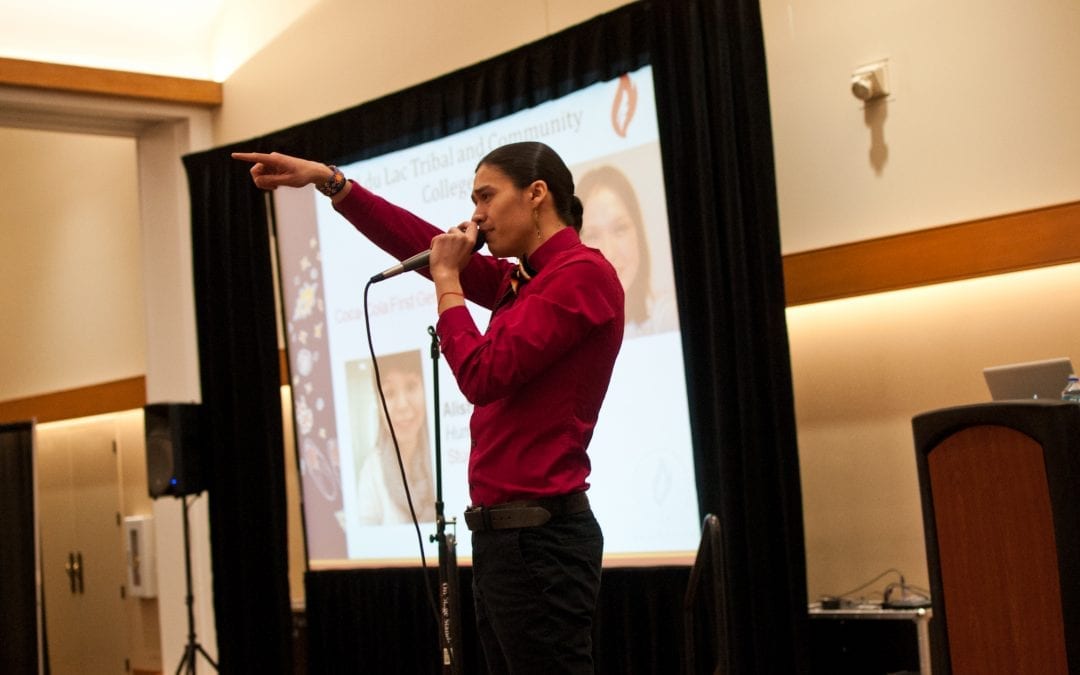
Frequently Asked Questions About Our Scholarships
Visit our scholarships page and evaluate the scholarship categories (undergraduate attending a tribal college, undergraduate attending a mainstream college, or graduate student) to click “How to Apply” begin the application process.
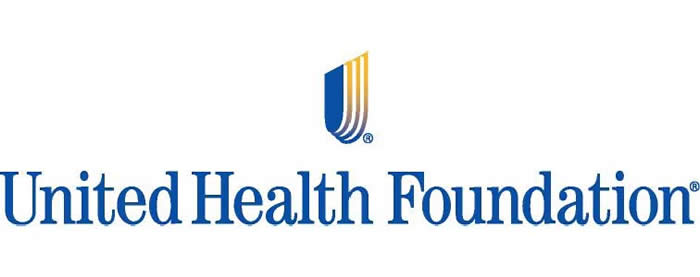
Scholarship Program for Native Americans to Create Pipeline of Mental Health and Substance Abuse Professionals in North Dakota
The American Indian College Fund, in partnership with United Health Foundation, has launched The United Health Tribal Wellness Scholarship Program to create a pipeline of mental health and substance abuse professionals in North Dakota to serve remote and rural communities.
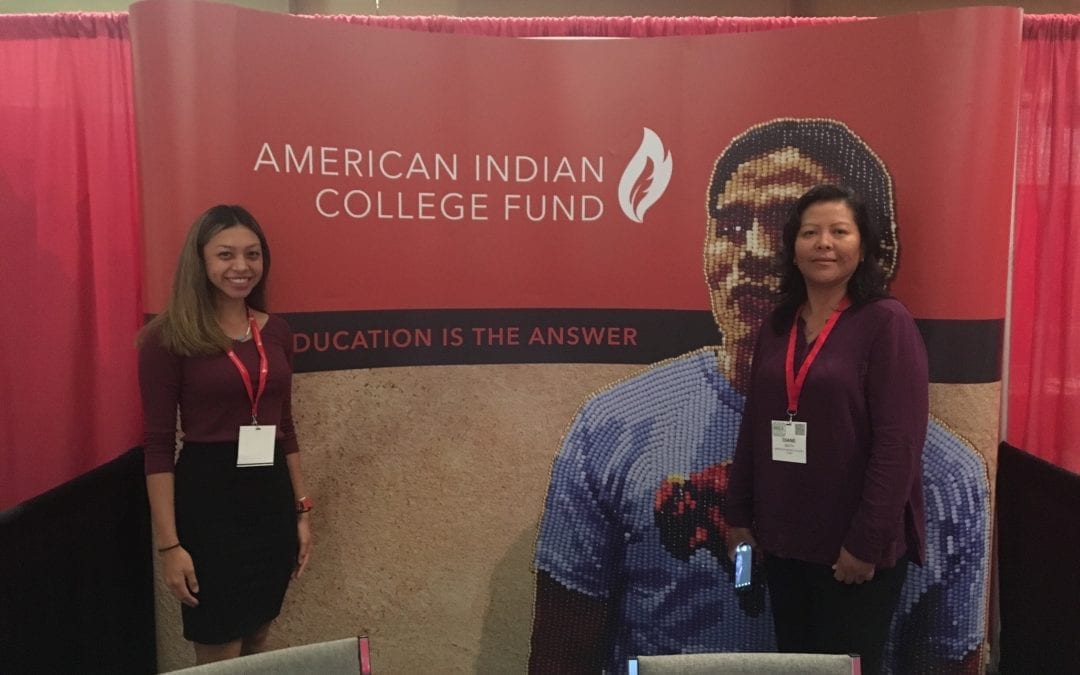
WalMart Scholars Attend National Education Conference for Learning and Networking Tools
Walmart knows that providing outstanding students with scholarships is just one of the stepping stones students need to succeed. Opportunities to network outside of campus and community are important in exposing students to new ideas and possibilities as part of a students’ intellectual development—and career path.
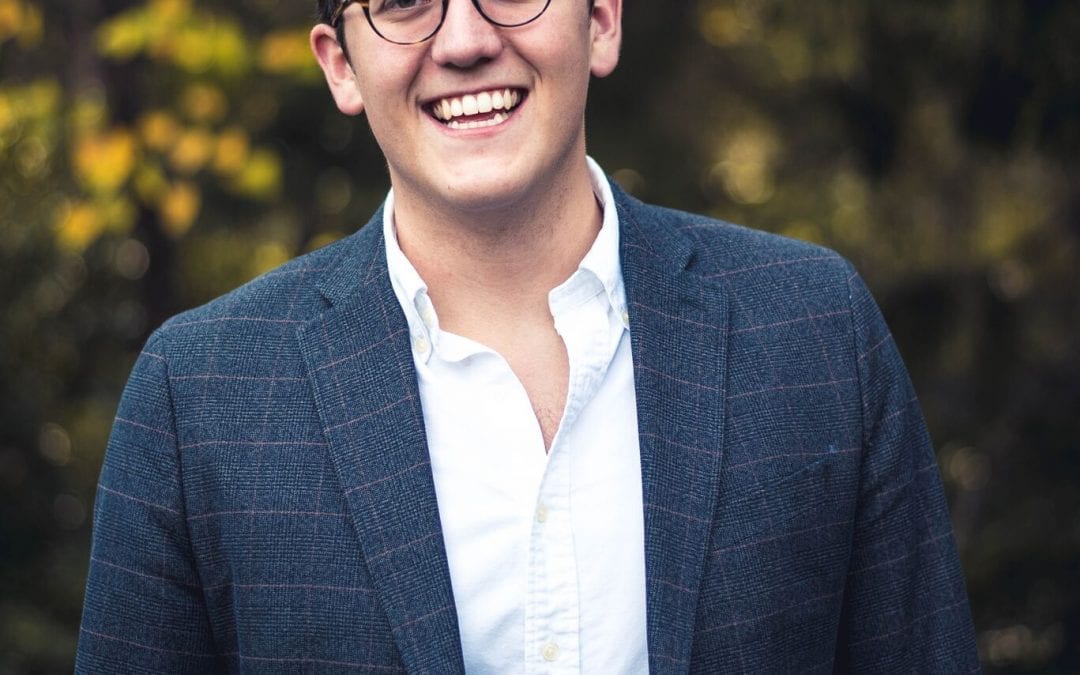
Chance Fletcher, Cherokee, Named First Recipient of Three-Year American Indian College Fund Law School Scholarship
Chance Fletcher, a senior at Princeton University and a member of the Cherokee Nation, has been selected to receive the first-ever American Indian College Fund Law School Scholarship. The scholarship, which begins in the fall of the 2018, was made possible thanks to a gift of $1 million from an anonymous donor.
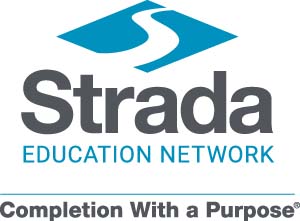
American Indian College Fund Receives $600,000 Grant from Strada Education Network to Study Economic and Social Impact of Tribal Colleges
The American Indian College Fund (the College Fund) announced today a new effort to study the impact of tribal colleges and universities (TCUs) on the overall well-being of graduates from five institutions. The study will occur over two years and is funded through a $600,000 grant from Strada Education NetworkSM, a national nonprofit dedicated to strengthening pathways from education to employment.
Diane: Working for Education, Tradition, and Culture of Native People
Walmart knows that providing outstanding students with scholarships is just one of the stepping stones students need to succeed. Opportunities to network outside of campus and community are important in exposing students to new ideas and possibilities as part of a students’ intellectual development—and career path.
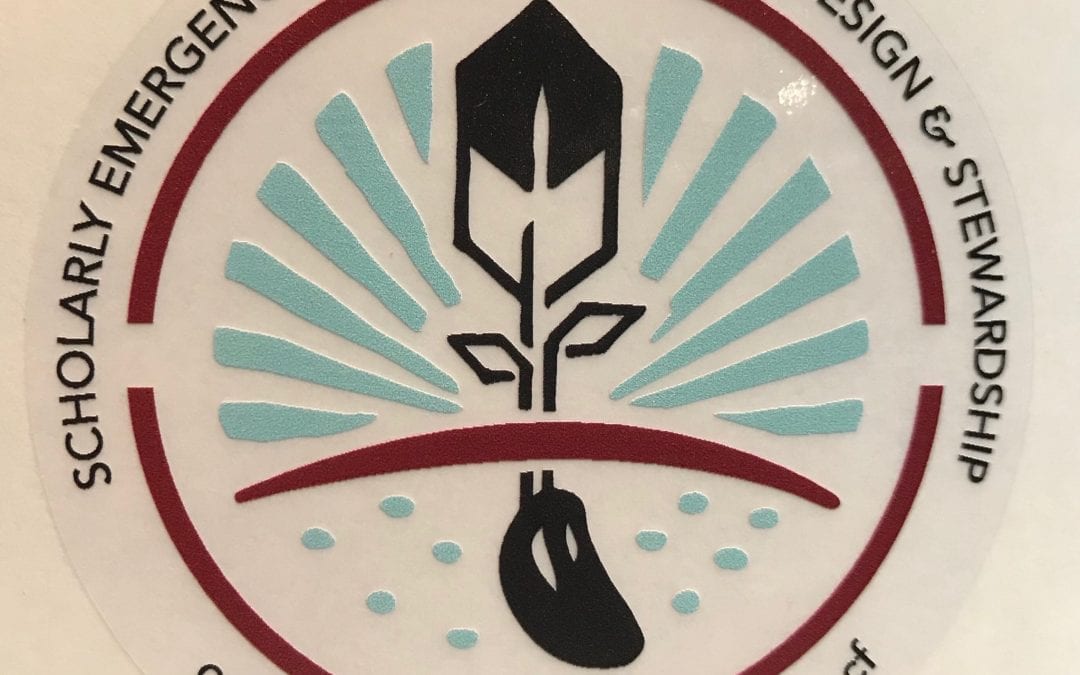
College Fund SEEDS Logo Symbolizes Stewardship and Growth
The growth and continuity of our home the Earth, as well as an eco-system, a seed, a student or a community, requires the support, communication and the action of many.
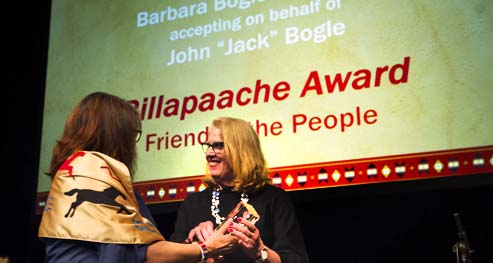
American Indian College Fund Honors John “Jack” Bogle, Founder of Vanguard Group, at 2018 Flame of Hope Gala in New York
John Bogle, the Founder of Vanguard Group, was honored with the American Indian College Fund’s Billapaache Award at the 2018 Flame of Hope Gala on April 11 in New York City. Billapaache means friend of the people in the tradition of the Apsaalooke (Crow) people of Montana.
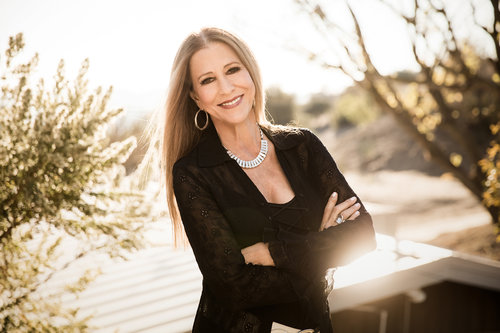
American Indian College Fund 2018 Flame of Hope Gala to Help Provide Access to College for Native American Students
Only 14% of American Indians have a college degree. The American Indian College Fund is changing that by providing Native students with access to a life-changing higher education. To support Native students in their efforts, the College Fund is hosting the 2018 Flame of Hope Gala on April 11 at Gotham Hall, 1356 Broadway, New York City.




